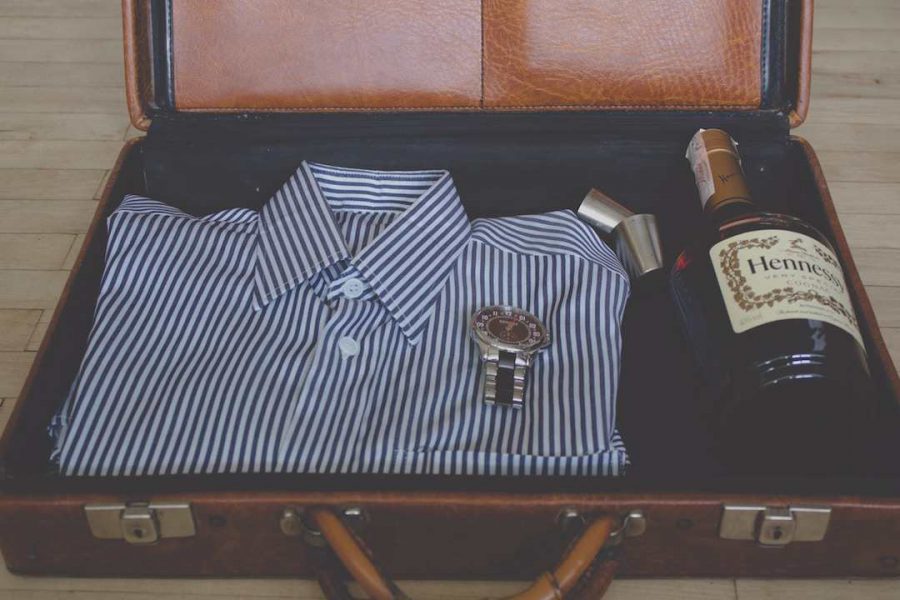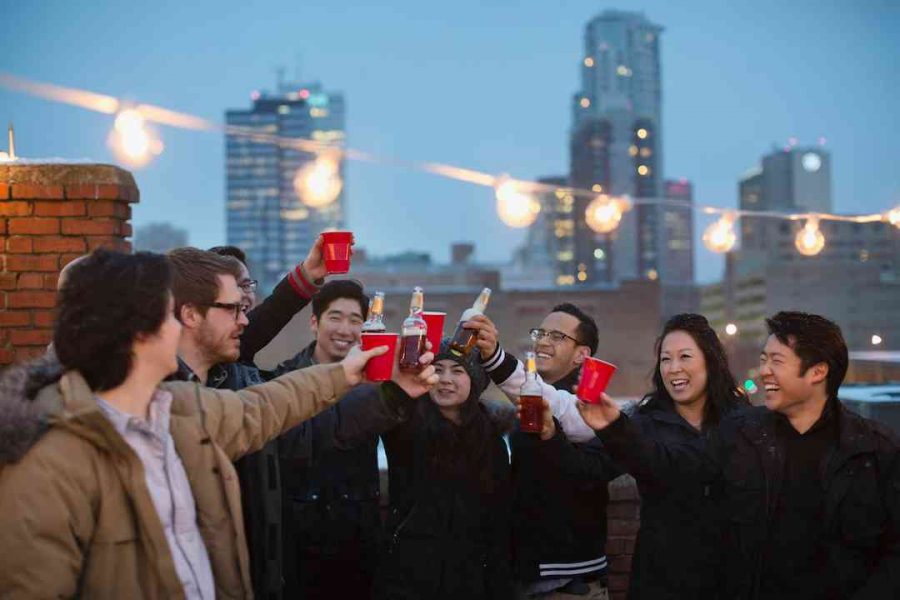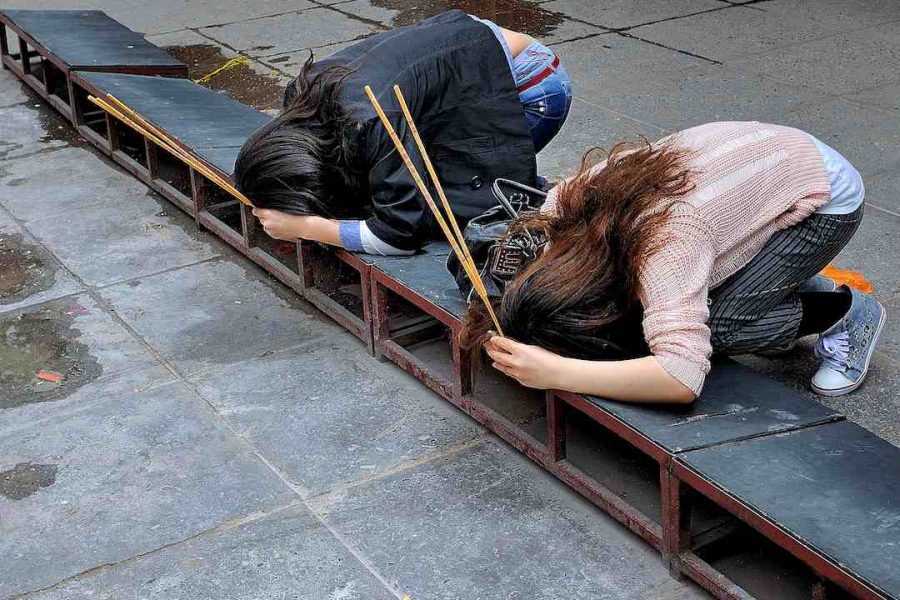A large part of Chinese culture is avoiding embarrassing yourself or “losing face” in front of others. This could be doing or saying the wrong thing in business, within your family, or in daily social interactions. As a foreigner, you won’t be expected to know all the rules, but in order to be as prepared as you can before your trip (and impress some locals along the way!) read over these four rules of etiquette in China and we promise you won’t go wrong.
1. Gift-giving: Don’t go empty-handed

Chinese people love gifts. Gift-giving is an important part of Chinese society and you should expect to have a gift with you whenever thanking someone for their hospitality.
DO: Bring small items from your home country that you can give to your tour guide, schools you might visit, or dinner hosts. Foreign candies or souvenirs are always appreciated.
DON’T: If you receive a gift, try to avoid opening it in front of your gift-giver. Unless they insist, thank them and put it away.
2. Eating: Honour your host

Eating is at the center of Chinese culture, and you are certain to have several delicious meals during your trip.
DO: Everything about eating involves honoring your host. As the host will pay for the meal (don’t expect any bill-splitting in China), show your respect by waiting for them to start eating and leaving food on the serving dishes for them to finish.
DON’T: Most Chinese restaurants will not have forks and knives, so you will get quite good at using chopsticks during your trip. When you are done using them, make sure not to stick them into your bowl of rice, as this symbolizes death. Rest them on the table during your meal and on your bowl when you are finished eating.
3. Conversation: Personal, not political

If you really want to immerse yourself in local life, you can’t shy away from conversations with strangers. But be careful because the dialogue might go a little differently than you might expect.
DO: Expect to be asked lots of personal questions that you might not be used to receiving in your home country. People will not hesitate to ask about your age, income, or why you are not married yet. It’s ok not to answer questions you are uncomfortable with, but don’t get offended if someone asks why you are an unmarried adult over 25!
DON’T: Avoid touchy subjects about Chinese politics. Chinese people will get offended if you appear to say anything negative about China and will take it as a personal affront. Try to steer clear of discussing North Korea, Taiwan, or the South China Sea.
4. Religious sites: Read the rules

China is less strict than other Asian countries about their temple etiquette, but there are still some behaviors to avoid. Whether you are visiting a Confucius temple like Qufu Temple in Shandong province or strolling through a Buddhist temple like Lama Temple in Beijing, it is best to err on the side of caution.
DO: Try to see what other people are doing. For instance, not every temple requires you to take off your shoes, but if you see a pile by the door, you should copy the crowd.
DON’T: Take photos inside any buildings. You can take them outside in the courtyards.


